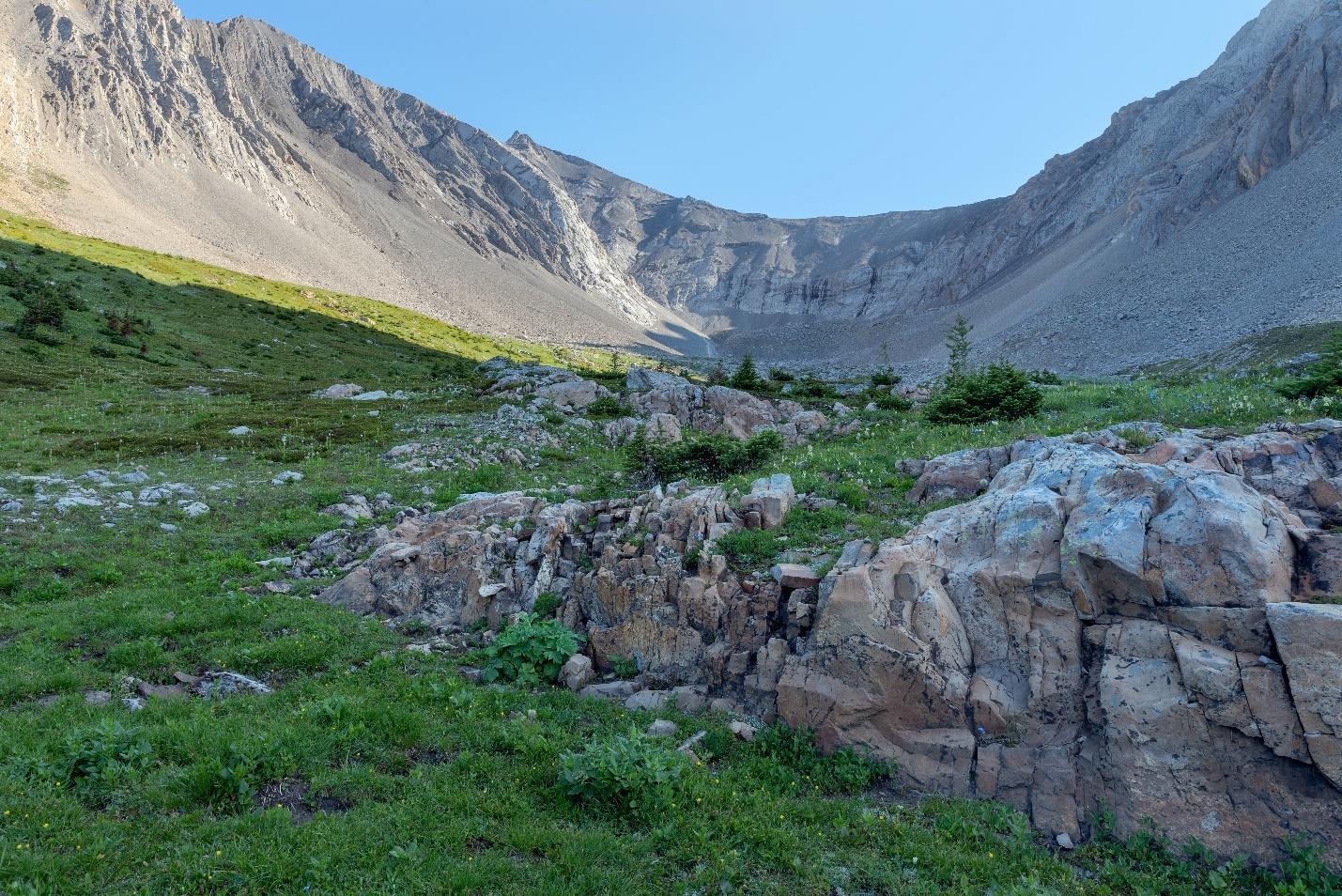Lagoons happen when spits or even barrier islands are in the way of open ocean. Estuaries happen when a lagoon becomes so far inland that the water becomes brackish, which is in between ocean salinity and fresh water. These are more vegetative and have their own unique characteristics. Lagoons and estuaries are both interesting transitions between land and water that also have complex marine and vegetative properties because of the way water and land interact in them.
GEOTHERMAL FEATURES The earth is hot inside so you can get many geothermal features based on the rising of this heat from inside the earth and water in nearby areas. Magma will easily heat the groundwater, creating steam as a result, and much hotter water than you'd expect from surface water. As water heats, it is less dense and rises to the surface through cracks in the ground. At the surface, you get some amazing things. Some geothermal energy is harnessed to create heat for places on earth that need a cheap source of this type of energy to heat their homes. An added benefit is the geothermal minerals that you can get from the deeply-generated water, including gold, mercury, and many others. Hot springs are simply heated springs in volcanic areas. Some areas are much too hot if it is near an active volcano. Other non-volcanic areas are less hot but still warm enough to bathe in. These are where the water has a chance to come up from the deeper areas beneath the earth. Geysers are famous geothermal structures. They are areas open to the surface but represent complex plumbing down below. Ground water areas accumulate and heat up to the point of flash steaming. This flashpoint leads to a sudden expansion of the water vapor that forces water out of the opening. In more stable areas, this repeat of heat and water expulsion leads to eruption of a geyser in a rhythmic fashion. Old Faithful is a geyser in Yellowstone Park that goes off every 65 minutes. Fumaroles are areas where magma has a channel through the water table area. The magma is very hot and can be liquid or just recently solidified. Water in the ground will heat up and be released as steam. You might also get hydrogen sulfide gas from the magma as well, so you'll smell the familiar rotten egg smell from these steaming vents.
224




































